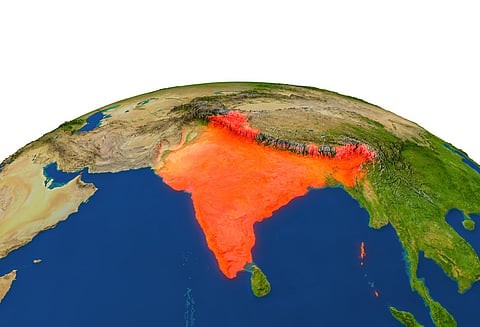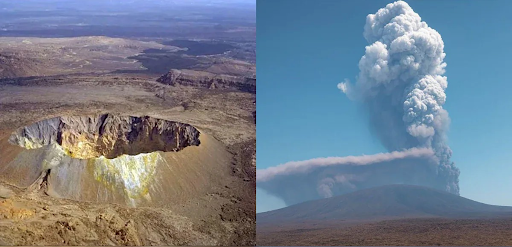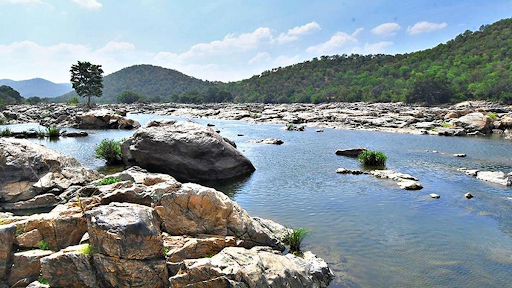Description
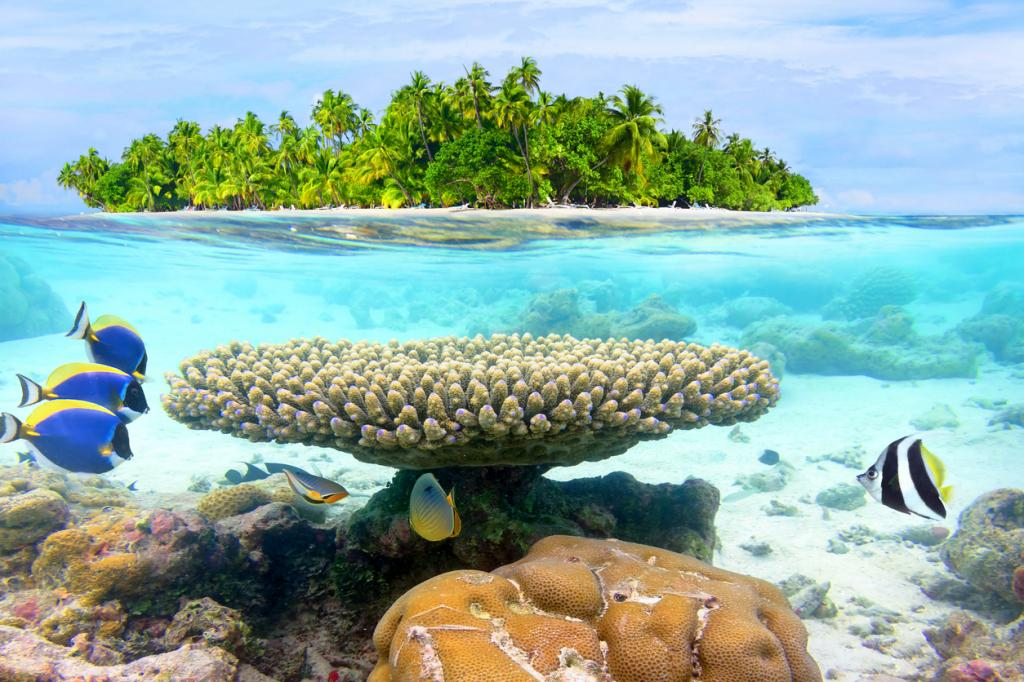
Copyright infringement not intended
Picture Courtesy: https://www.downtoearth.org.in/blog/wildlife-biodiversity/seychelles-floating-baby-corals-can-help-save-damaged-reefs-new-study-96253
Context: A new study has found that floating baby corals can help save damaged reefs in the Seychelles archipelago, which is home to 115 islands and is fringed by coral reefs.
Details
- The Seychelles archipelago, with its 115 islands in the western Indian Ocean, is home to extensive coral reefs, which are crucial ecosystems supporting diverse marine life and providing livelihoods for millions of people. However, coral reefs worldwide are facing significant threats from climate change, particularly due to rising ocean temperatures leading to coral bleaching and mortality.
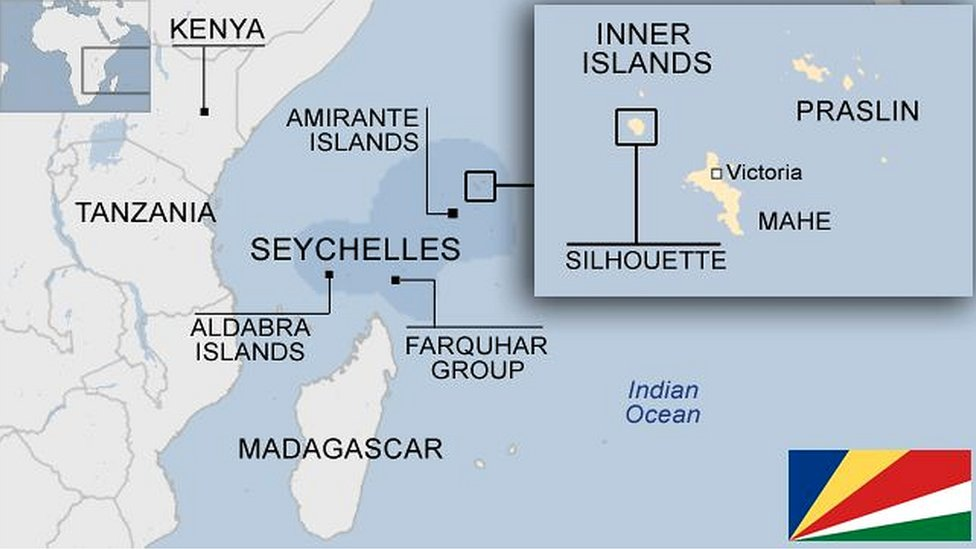
Importance of Coral Reefs
- Biodiversity Hotspots: Coral reefs support approximately one-third of all marine species, making them incredibly biodiverse ecosystems.
- Economic Importance: Many coastal communities rely on coral reefs for fisheries, tourism, and coastal protection, contributing significantly to local economies.
- Carbon Sequestration: Coral reefs play a vital role in carbon sequestration, helping mitigate climate change impacts.
Threats to Coral Reefs
- Climate Change: Rising ocean temperatures cause coral bleaching, leading to widespread mortality if conditions persist.
- Ocean Acidification: Increased carbon dioxide levels in the atmosphere result in ocean acidification, which impedes coral growth and calcification.
- Overfishing and Pollution: Overfishing of reef species and pollution from land-based sources degrade coral reef health and resilience.
Study Findings
- Coral Reef Connectivity: The study highlights the importance of understanding coral reef connectivity, where baby corals (larvae) are transported between reefs by ocean currents.
- Genetic Analysis: By analysing the DNA of coral colonies from different reefs, researchers identified genetic similarities, indicating recent connectivity between distant reefs.
- Computer Modelling: Computer simulations were used to predict the transport of baby corals between reefs, providing insights into the mechanisms driving connectivity patterns.
- Management Implications: Understanding coral reef connectivity can inform the design of effective marine management strategies, including the establishment of marine protected areas and targeted conservation efforts.
- Land-based Interventions: The study suggests that interventions on land, such as removing invasive species like rats, can indirectly benefit coral reefs by restoring seabird populations that contribute nutrients to nearshore waters.
Importance of Conservation Efforts
- Regional Impact: Localised conservation efforts in the Seychelles have the potential to benefit coral reef health not only within the archipelago but also along the East African coast.
- Resilience Building: Protecting source reefs and enhancing connectivity can improve the resilience of coral reefs to climate change impacts, such as coral bleaching events.

Conclusion
- The study highlights the importance of proactive conservation measures to safeguard coral reef ecosystems in the face of climate change. By understanding coral reef connectivity and implementing targeted management strategies, countries like the Seychelles can contribute to the preservation of these invaluable marine habitats for future generations.
Source:
Down to Earth
|
PRACTICE QUESTION
Q. If you were to travel north from the Seychelles, what major landmass would you encounter first?
A) India
B) Madagascar
C) Arabian Peninsula
D) Indonesia
Answer: C
|








